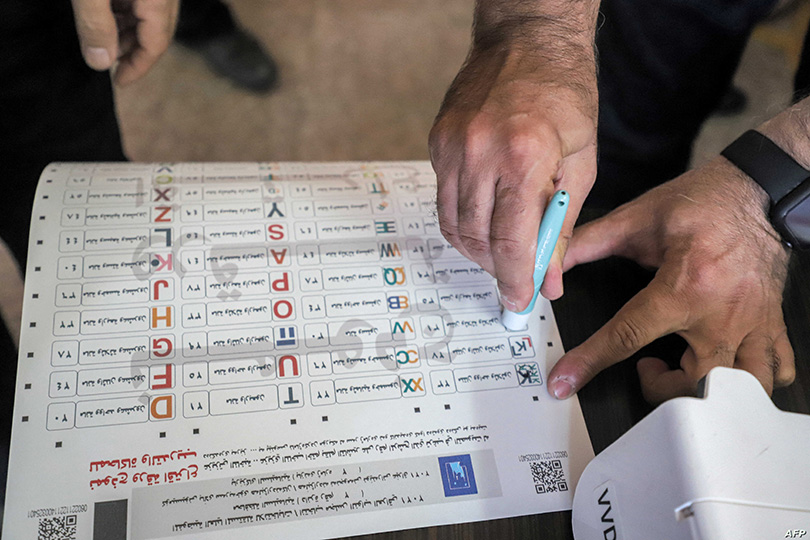By: Muneer Dagher
As is customary for the Independent Research Group since the first Iraqi elections in 2005, the work begins early to measure public opinion indicators regarding any upcoming elections. According to the latest public opinion polls in Iraq, voter participation—if the elections were held today rather than in six months—would range between 25-35%.
This means that it could fall below that in certain regions, while it will rise higher in others. Despite nearly 50% of Iraqis claiming they will participate in the elections, studies conducted globally, along with those by the Independent Group in Iraq, show that 20-25% of respondents are always influenced by what is known in social psychology as the "social desirability phenomenon." This phenomenon makes respondents in opinion polls state that they will do things (like voting), even though they will not actually do them. The reason behind this is their desire to appear rational, knowledgeable, and committed to democracy and contributing to change!
On the other hand, studies on the supporters of the parties participating in the elections show that they represent only 10-15% of the total Iraqi electorate. This means that the percentage of independent voters who will participate, based on the expected participation rate above, will range between 15-25%—a figure capable of bringing about either marginal or genuine change, depending on the following conditions:
Free and Fair Elections
If the "Independent" Electoral Commission can demonstrate its desire and ability, along with the government, to manage free and fair elections, the votes of independents can make a difference even if their percentage is only 15-25%.
Studies also show that about a quarter of those who will boycott the elections do so because they lack confidence in the elections' integrity. Therefore, convincing voters of the ability of the authorities managing the elections to avoid the ambiguities that marred previous elections is a crucial factor in enabling independent voters to create change.
High Voter Participation
Iraqi elections, especially since 2010, have always suffered from low participation rates and the rise of the so-called "Cushion Party." With each election, the "Cushion Party" dominates the electoral scene, where a large number of Iraqis remain "lying on the sofa" or sitting in their chairs on election day, holding a remote control or mobile keyboard to browse TV channels and platforms, merely cursing the political process and its actors without believing they can bring about change by participating in the elections.
According to our latest studies, about two-thirds of those who will boycott the elections are from the "Cushion Party," those who do not believe they can create change. A participation rate lower than 25% does not just mean that the "Cushion Party" has won; it also means that the percentage of independent voters will be lower than the percentage of party-affiliated voters, significantly reducing their ability to bring about any change.
Political Scene
New Options for Voters
Figures indicate that the vast majority of Iraqis wish for a change in the political scene. However, after the "independents" who won many seats in the last elections shifted to other political directions, Iraqi voters seem to have lost confidence in the "independents" and now prefer to elect the "experienced" politicians who are seen as the lesser evil.
The numbers suggest that, especially in light of the Sadrist Movement's continued boycott of the elections, some "experienced" politicians, led by al-Sudani, have stronger chances—though varying in intensity—to win the elections, provided they effectively turn these chances into votes in the ballot box.
In short, the numbers from our latest studies do not indicate real optimism for changing the political scene unless non-traditional party forces can convince voters of their ability to bring about change, and the Independent Electoral Commission and the government can demonstrate their ability to organize and execute free and fair elections.
With the Sadrist Movement absent from the scene, the prospects for al-Sudani and some traditional politicians appear promising for the upcoming elections. However, these prospects will largely depend on the "Cushion Party" and its supporters. Yet, we must remember that the electoral scene remains fluid, with a long time until the elections, during which many events could occur to change all these predictions.






Comments